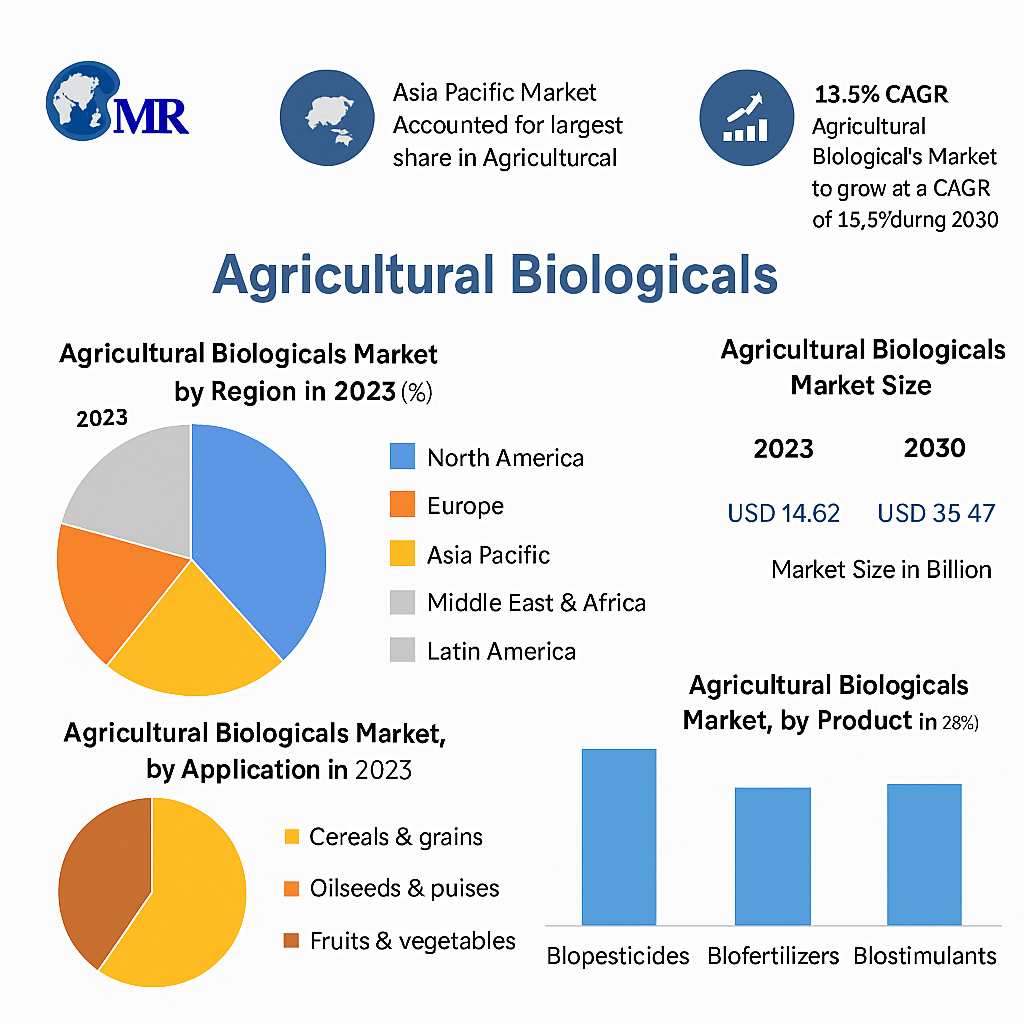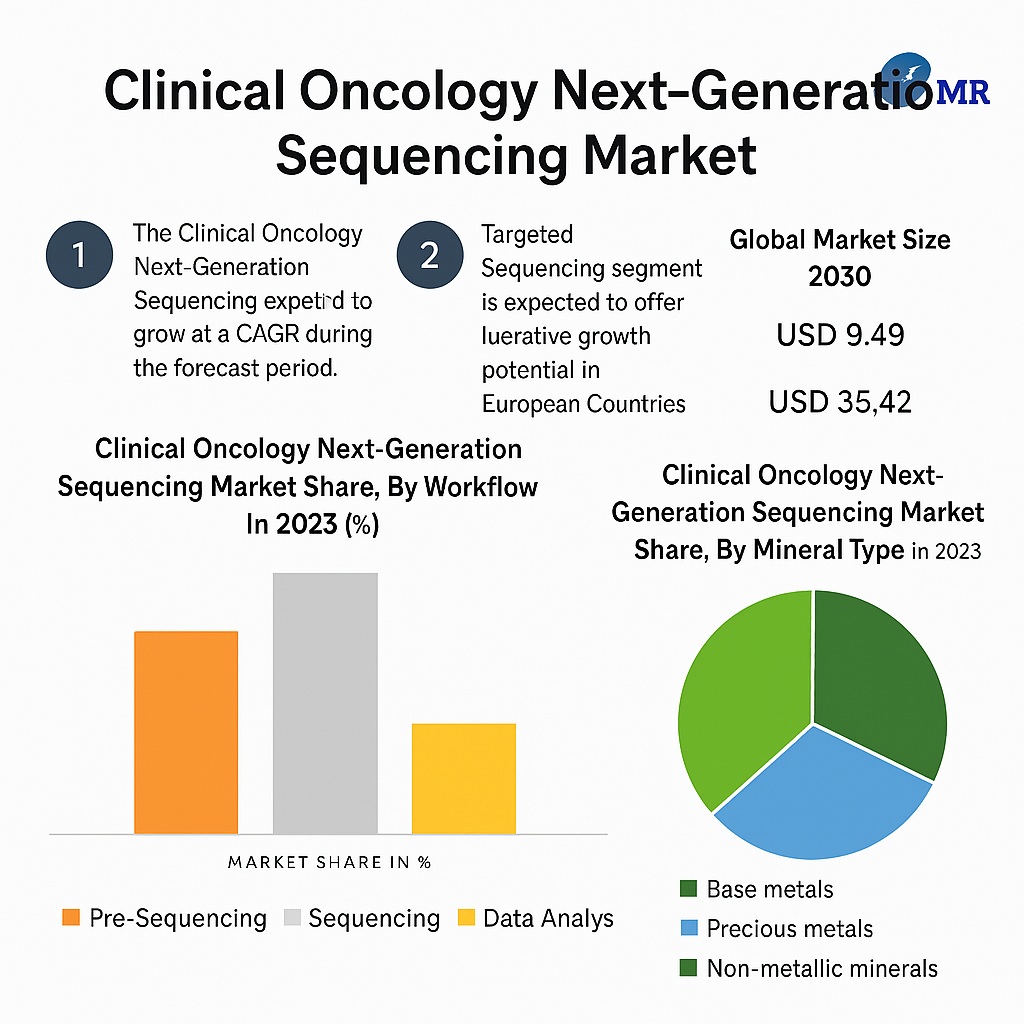Feeding the Future with Precision: How Advanced Genotyping is Revolutionizing Climate Resilient Crops to Tackle Global Food Security Challenges.
Maximize Market Research is expected to reach USD 2.78 Bn. by 2032. Driven by rising Demand for climate-resilient crops, enhanced by population growth and Food Supply Needs, the North America market is expected to witness a nearly 45% increase in demand over the forecast Period (2025-2032)
Plant Genotyping Equipment Market was valued at USD 1.5 billion in 2024, and total Plant Genotyping Equipment revenues are expected to grow at a CAGR of 8% from 2025 to 2032 and reach nearly USD 2.78 billion by 2032.
Why Does North America Own 70% of Agri-Genomics?
Corteva’s R&D, Bayer’s Automated Greenhouses, and UC Davis’ 300+ Workstations Process 1.2M Samples Annually, pioneering the next green revolution
Seeds of Change: $500M Investments & Portable Tech Drive Plant Genotyping Market Boom
The global plant genotyping equipment market is currently on a track of exponential growth due to the rise in climate-resilient crops, as well, growth in population and increasing food demand, and due to climate conditions such as an increase in droughts, floods, and pest outbreaks, the agriculture sector is adopting advanced genotyping technologies from high efficient sequencers like Illumina’s NovaSeq to portable field solutions like Oxford Nanopore’s MinION. The Government of China took several initiatives in seed modernization with private sector R&D for accelerating innovations to reduce costs, and invested $500 million.
In recent days, Agri-Tech investments have been growing fast, especially in countries like Africa, India, and Latin America. Portable DNA tools now help farmers breed better crops with little infrastructure. Demand is growing for specialty crops, organic farming, and city-grown foods. Projects like Syngenta’s drought-resistant corn in Kenya prove this tech works. North America leads 45% of the market, and universities and companies are working together to improve farming. These advances could help solve the global food shortage.
From Lab to Field: Next-Generation Sequencing Dominates $1B+ Plant Genotyping Market.
Based on the Technology Outlook Next generation sequencing segment has dominated the market in 2024 due to its cost-effectiveness, high-throughput capacity, and widely use in big crop research projects, like the USFDA’s AG2PI Programs.
Biotech Boom: Agri-Giants Fuel 45% Surge in Next-Gen Plant Genotyping Tech
Agricultural biotechnology companies lead as end-users, Big Biotech Companies like Bayer and Corteva buy 45% of all plant genotyping equipment. They are using advanced DNA tools, i.e., Next Generation Sequencing, to quickly develop crops that can survive climate change.
Plant Breeding Boom: How NovaSeq & Nanopore Are Driving the Precision Agriculture Revolution
By application, plant breeding remains the largest segment, DNA sequencing machines are now the most popular tools, with new models like Illumina’s NovaSeq and portable Oxford Nanopore devices leading the way. As companies invest in better technology, farming is becoming more precise and efficient.
For Customization of the report, please refer to this link:
Gene-Editing Gold Rush: North America’s Agri-Tech Giants Process 1.2M Crop Samples Yearly—Is This the Future of Farming?
North America dominates the plant genotyping equipment market with advanced tech from companies like Illumina and Thermo Fisher. Big players like Corteva and Bayer use High-speed testing and smart greenhouses, processing over 1.2 million samples yearly. With strong government funding ($32M) and 300+ university labs, the region leads in crop innovation with holding 45% of the global market. This mix of corporate, academic, and government power is creating climate-resistant crops faster than ever.
Speed vs. Scalability: How Illumina’s 2.5M Samples/Yr and Thermo Fisher’s Field-Ready Tech Are Reshaping Agri-Genomics
Illumina leads the plant genotyping equipment market share with 35% share, due to its high-speed InfiniumXT technology. It processes 2.5 million samples a year with unmatched accuracy, making it the top choice for big agricultural companies like Bayer and Corteva, its advanced systems are expensive, putting them out of reach for smaller labs. The company’s BeadArray technology remains the gold standard for large-scale crop breeding programs.
Thermo Fisher holds 25% of the market with its flexible and cost-effective Axiom platform, popular for soybean and wheat research. Its portable GeneStudio S5 series allows on-site sequencing, while modular designs let labs adjust capacity as needed. Though not as high-powered as Illumina, Thermo Fisher’s end-to-end solutions appeal to researchers who need adaptable, budget-friendly options.
Recent Developments:
- Long-Read Sequencing Dominates Complex Crop Genomics (2024)
Why? HiFi sequencing (PacBio Revio) and portable nanopore tech (Oxford Nanopore) now decode polyploid genomes 30% faster, accelerating breeding for crops like wheat and potato.
- AI-Driven Phenotyping Merges with Genotyping (2023)
Why? Hyperspectral cameras (PlantEye, Scanalyzer HTS) link traits to genes in real time, slashing field trial validation by 40%.



